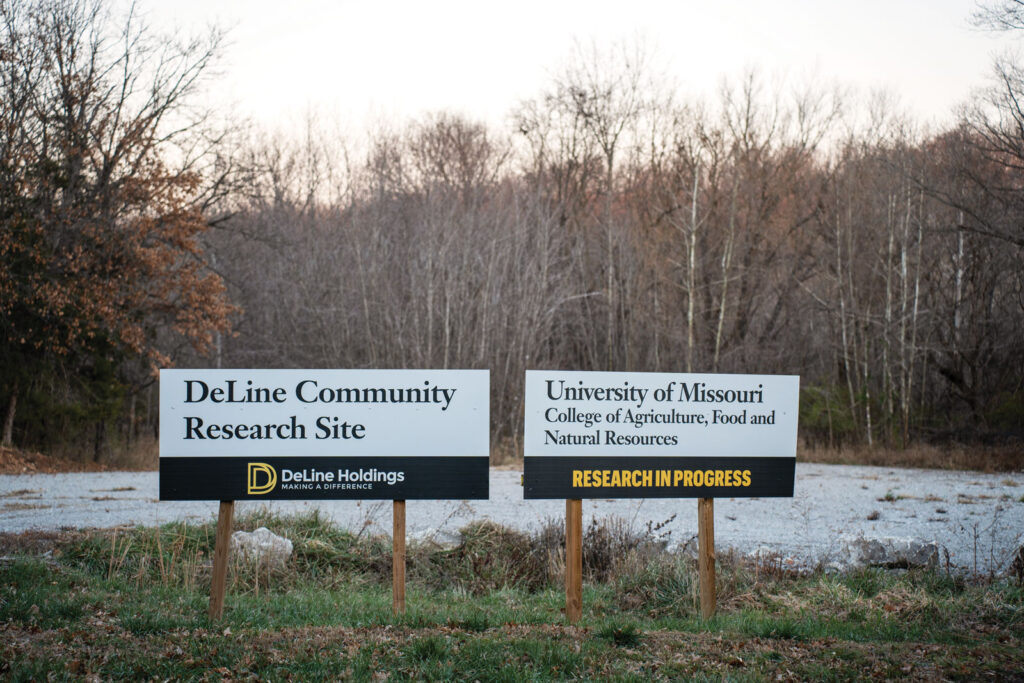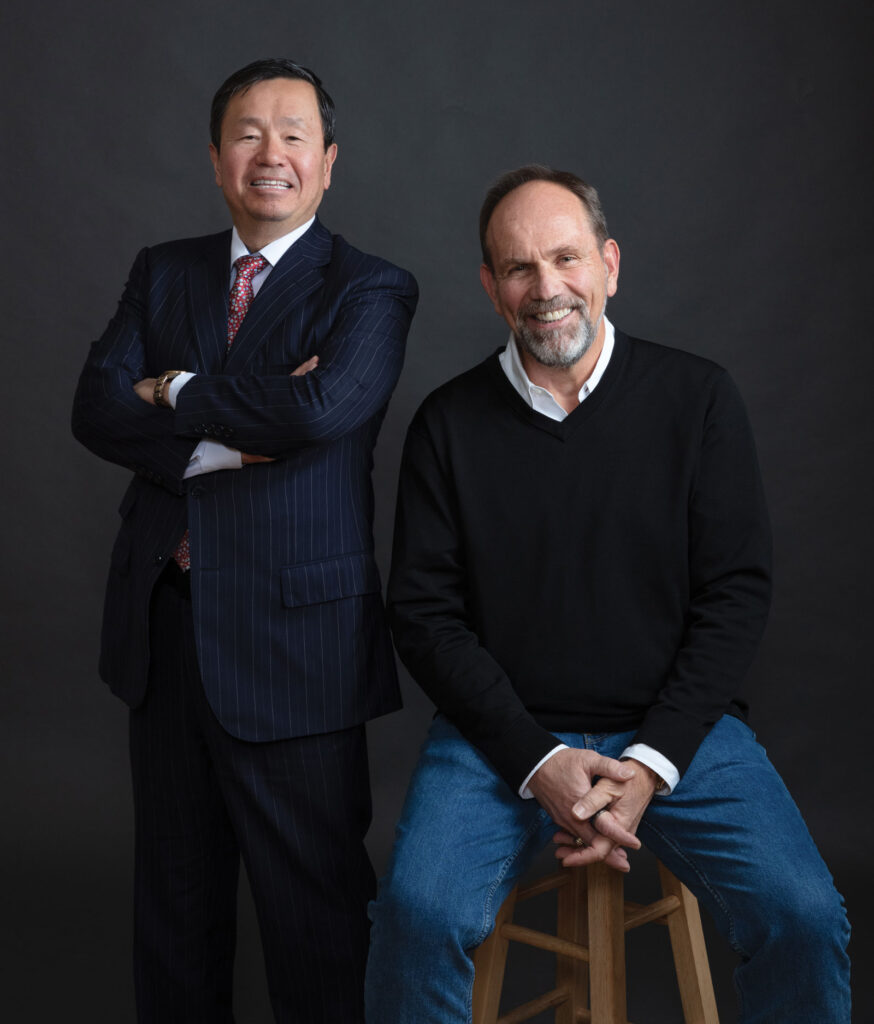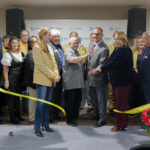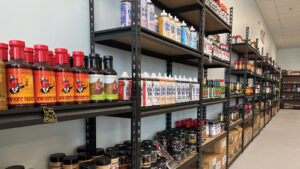The DeLine Community Research Site is an outdoor classroom right in the University of Missouri’s backyard.
Greg DeLine, chief executive officer of DeLine Holdings, donated 94 acres of land to the University of Missouri’s College of Agriculture in hopes of granting students an outdoor classroom with an abundance of opportunity for research.
Greg stumbled upon the land with a friend who had a desire to do more with it.
“There was nothing being done. It was just sitting there and listed as a museum on the Missouri registry,” Greg says.
Greg is an MU alumnus, so to him this partnership was meant to be.
“I tell people all the time that I bleed Mizzou. I attended the university, both of my daughters graduated from Missouri,” Greg says, “and I’m really fond of Mun Choi; I think he’s just awesome.”

The Site
This 94-acre research site includes a cave, a creek, and forested areas.
“I think the uniqueness is the very diverse topography and the joining of the wetlands, the forest, and the cave. It does provide a very diverse set of conditions in which students and faculty members can perform their research,” UM system president Mun Choi says.
The land is meant to be completely unaltered for its 15-year loan period.
According to MU’s Agriculture Experiment Station, the site is a collaboration developing outdoor research and educational opportunities to facilitate a better understanding of natural systems and processes.
“Two heads are better than one. We need one another in life. It was just a way to offer up something, a good idea, and the university took it to the next level.”
Greg DeLine, chief executive officer, DeLine Holdings
Students will have the opportunity to observe and research all the different ecosystems spread out among the 94-acre tract.
An article posted by MU’s College of Agriculture, Food & Natural Resources (CAFNR) describes the work.
“Initial research and educational opportunities will include the impact of land use on water quality; tree improvement and sustainable forest management; sustainable food processing using native fruits like pawpaw seen abundantly in these forests; and positive health benefits from engagement with nature.”

The Benefits
The DeLine Community Research Site offers many unique benefits to agricultural students, including the convenient location; the research site is just a short 13-minute drive from the university.
“I think one of the university people told me that the closest thing they had was like 100 miles, so this is just right in their backyard,” Greg says.
Of course, the diversity is a benefit as well. Students can observe multiple ecosystems and their multitude of inhabitants, like the pawpaw — a small, native tree that produces a large, yellow-green fruit. With this land at their fingertips, students and staff will be able to perform significant research on natural systems.
“Students will have an opportunity to perform research in the very diverse land, the cave, as well as the wetlands that this preserve provides. They can do research on agroforestry, land erosion prevention, and conservation. It benefits us because they create new knowledge that will advance our understanding of these very important topics,” Mun Choi says.
Not only does the DeLine Community Research Site benefit MU and its students, but staff at CAFNR also hope to extend opportunities to the community.
In the same article posted by CAFNR, Dusty Walter, who will oversee the research site for CAFNR, said he hopes to partner with local school districts for similar educational connections.
“With the close proximity of the property to the University of Missouri campus and elementary, middle and high schools, the opportunities for research, education and outreach are endless,” CAFNR’s associate dean for research, Shibu Jose, said in the same article.
An article by the DeLine Holdings teams says that Greg and leaders at CAFNR plan to engage with students at the Columbia Public Schools through STEM, stating, “The DeLine site is an excellent opportunity for Columbia Public Schools and private schools to use as an outdoor classroom for natural resource/environmental education.”
The Impact
“Two heads are better than one. We need one another in life. It was just a way to offer up something, a good idea, and the university took it to the next level,” Greg said.
Over a year after forming this partnership, the DeLine Community Research Site has gone completely unaltered, as planned, while students and staff are already getting great use out of the 94 acres.
“The site looks the same. We want to make sure we maintain the natural beauty of that land preserve, but more and more students and faculty members are using it. We plan to use it more for outreach, so that we can get young people in Columbia and Boone County exposed to the type of research we do at that site,” Mun Choi says.
A DeLine Holdings blog post says numerous research projects are in progress, including working to understand the impact of environmental change and gain knowledge on water quality, food security, and sustainable food processes. The site is also home to numerous agriculture classes like Dr. Hank Stelzer’s dendrology class and Dr. Mike Stambaugh’s forest ecology class.
The DeLine Community Research site is opening the door to endless research possibilities and benefits that the entire Columbia community, not just MU, can reap.
“I would say to the university, number one: make it your own, it’s yours to use,” Greg says, “Number two: maximize that opportunity. The sky’s the limit.”
DeLine Community Research Site
4508 O’Neal Rd. Columbia, MO 65202
Contact: Dusty Walter, CAFNR
WalterD@Missouri.edu | 573-882-4450










